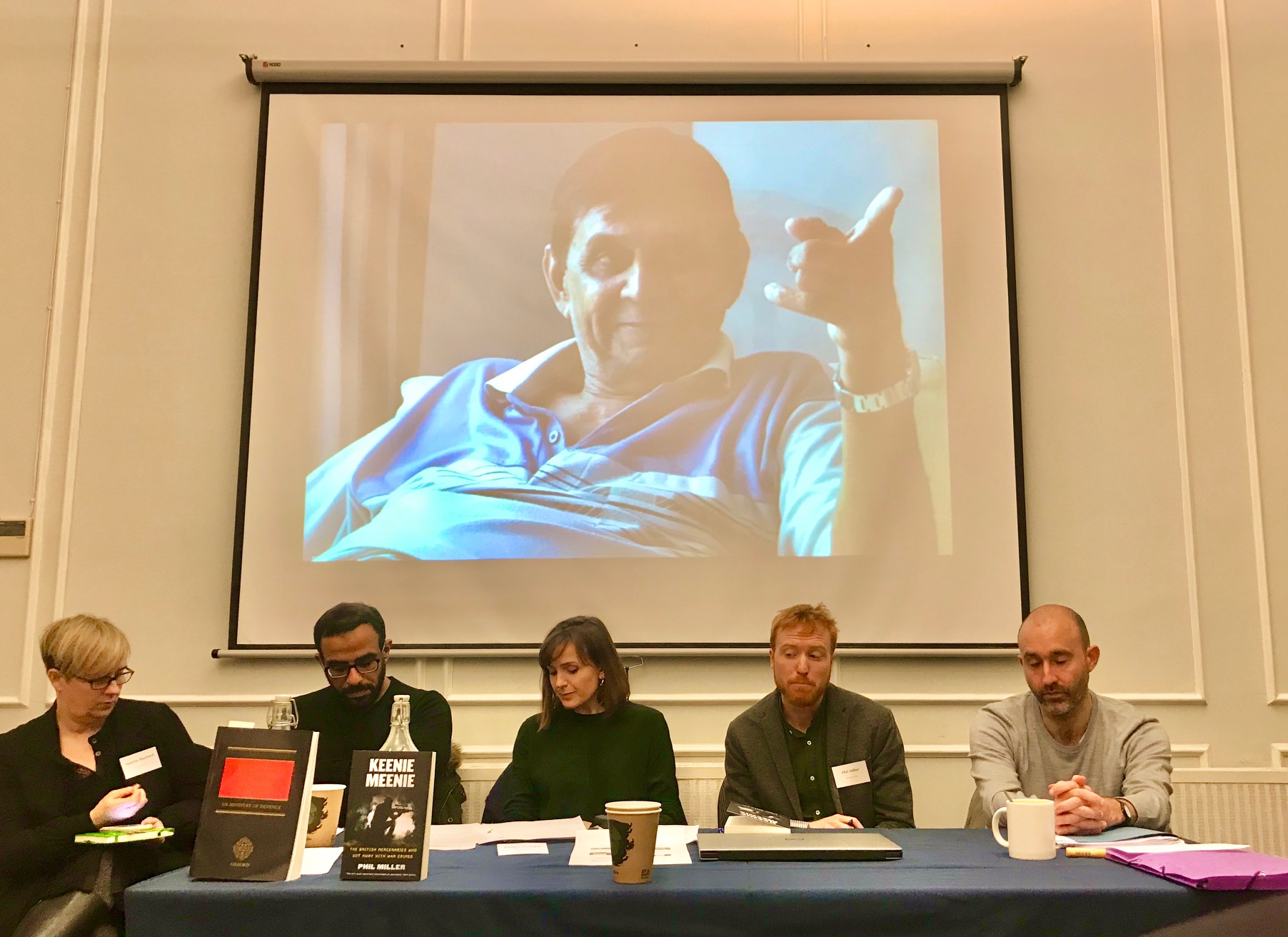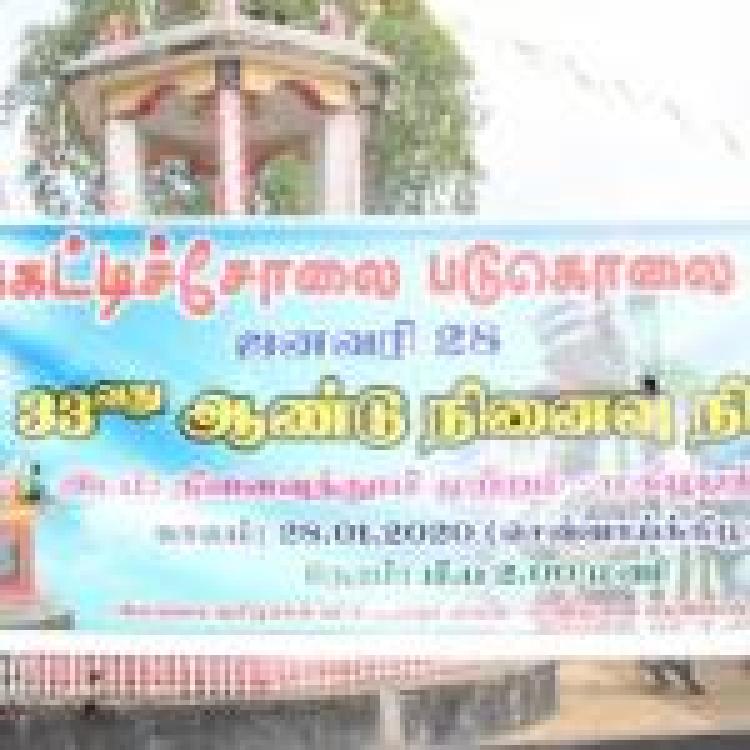
A new book examining the role of British mercenaries in Sri Lanka and other conflicts around the world was launched at Garden Court Chambers this week.
The book by Phil Miller, entitled “Keenie Meenie: The British Mercenaries Who Got Away with War Crimes”, uncovers how the mercenary company formed by ex-Special Air Service (SAS) veterans carried out highly controversial secret operations.
Opening the event Taimour Lay, a barrister at Garden Court, spoke of how the book posed serious questions around the role of mercenaries, arms contractors and military training, as well as of how despite “compelling evidence of crimes against humanity” the British state was still trying to deport Tamils to Sri Lanka.
Miller, a reporter for Declassified UK, read extracts from his book and played a trailer for an upcoming documentary that tracks his investigation.
Dr Rachel Seoighe spoke next, describing how she met with survivors of the Kokkadichcholai massacre, which was marked in Batticaloa earlier this week and amidst revelations that British mercenaries from Keenie Meenie Services (KMS) may have been directly involved in the atrocity. Describing the close relationship between the Sri Lankan security forces and the British company, Seoighe spoke of how the names of KMS trainers were engraved on boards and lauded by military commanders.
Omani activist Khalfan al-Badwawi told the audience of how Oman’s special branch was based on the British model, with the close relationship between private British companies and Oman’s Sultan documented extensively in the book.
The final speaker, Dr Sorcha MacLeod from the UN Working Group on the use of Mercenaries spoke of the difficulty in holding mercenaries to account, sparking a conversation amongst the panellists and audience on various avenues that could be followed.
Another book launch is due to be held next month, at the Mahatma Gandhi Hall in the Indian YMCA in London.
See more information here.

